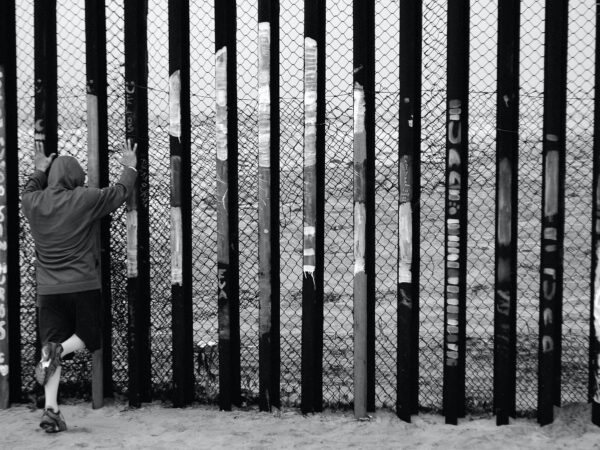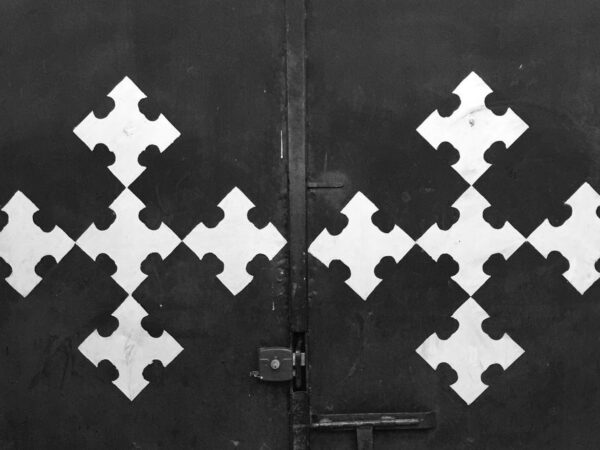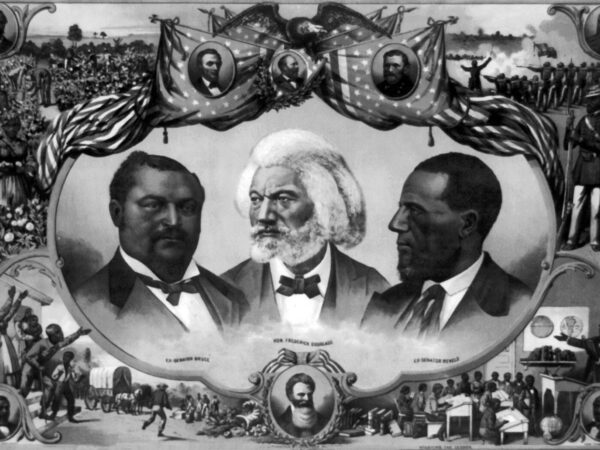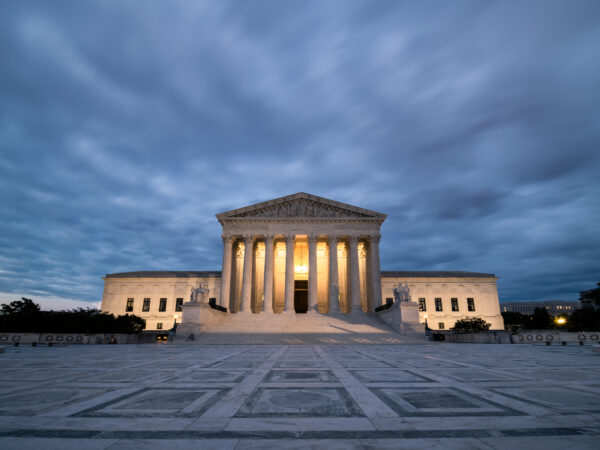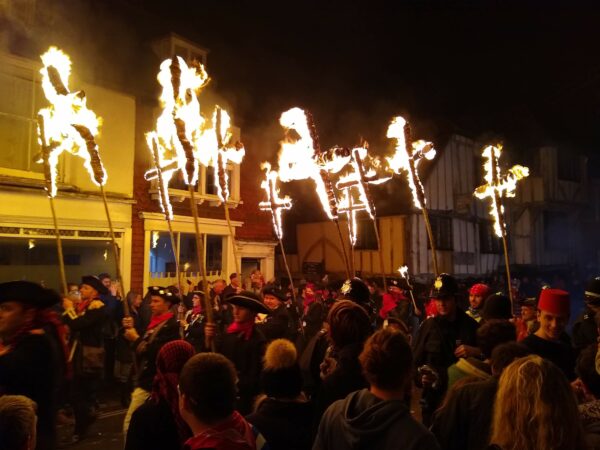
The modern state form itself is inextricable from the commandement, not just as an emblem for sovereignty in Schmitt’s sense, but also because the exemplary political form of modernity, the nation-state, has racist and exclusionary tendencies that can be understood as political-theological transfers of monotheistic principles.

Luke’s wordplay allows us to see this story as something larger than a particular Jesus event with a particular woman in a particular synagogue on a particular Sabbath. A one-off, straightforward healing event can be described without such wordplay. Through the creativity of his storytelling, Luke makes this moment a signal event, about a Daughter of Abraham and the work of the Christ.

What is still nascent… is an explicit conversation between political theology and critical theories of affect, particularly in a way that might contribute to constructive projects. The sort of political theology that might emerge from such collaboration would consider how affective regimes intersect with theological constructions or religious performances.

Who produces American history textbooks? Beyond historians’ work, this question demands a reckoning with political partisanship that creeps into the publication process of history textbooks. A comparable phenomenon can be traceable in ancient textualization of sacred memory. Acknowledging political forces in knowledge production helps renegotiate one’s perspectives on sanctioned discourses of historical memory in modern and ancient worlds.

This guide is an initiative of the Society of Christian Ethics Interest Group on “Christianity and Prison Abolition.” It offers a few ideas and best practices for teaching about prisons in a way that resists deeply embedded carceral language and logics that we might not even know we inhabit.
